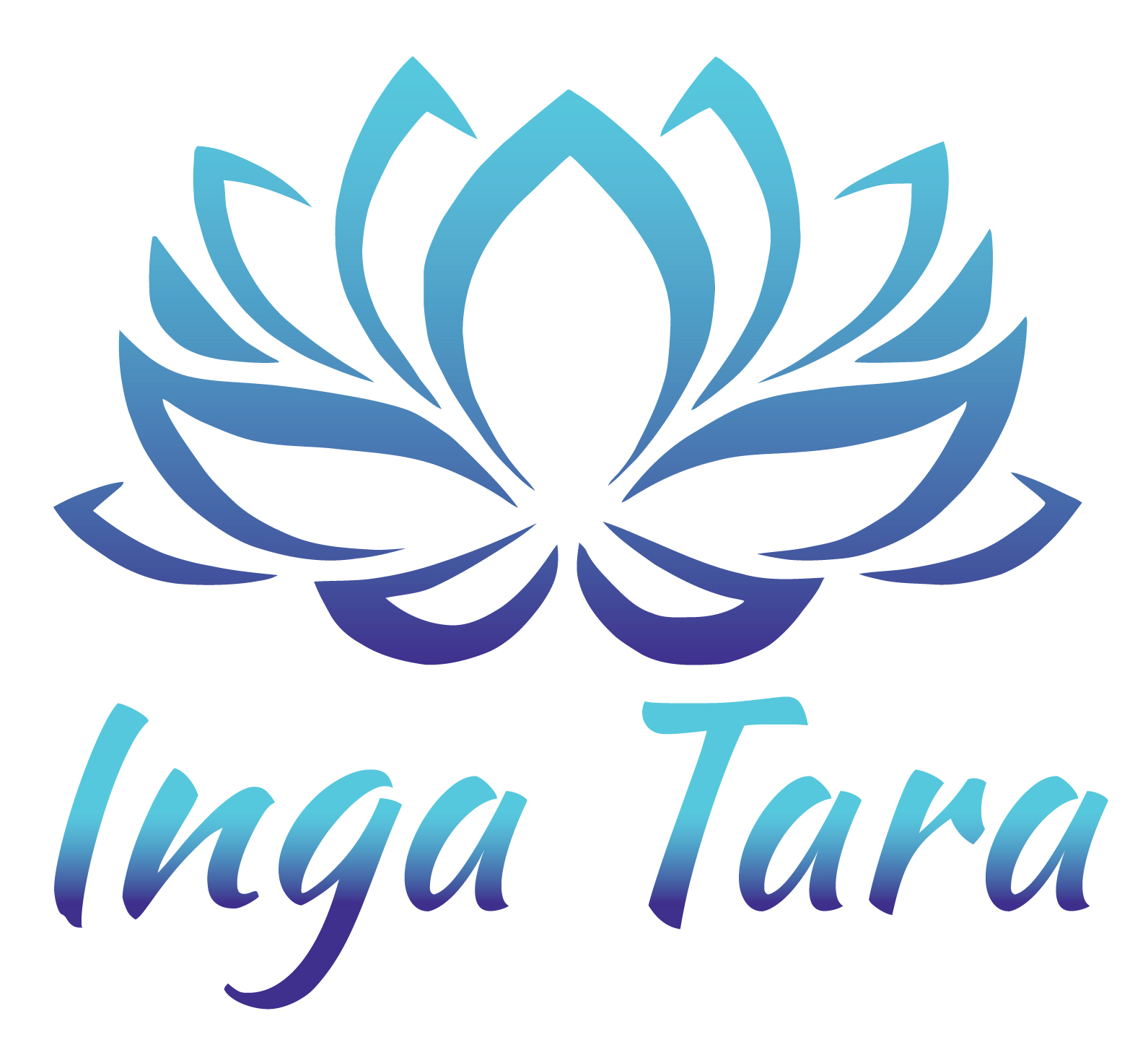Foods and Supplements for Your Health
 As a holistic nutritional coach I always look at the food as the medicine for your body. Unfortunately the food we eat often doesn’t have enough nutrition value and we need to enhance it with added vitamins and supplements to increase your energy level and improve an immune system.
As a holistic nutritional coach I always look at the food as the medicine for your body. Unfortunately the food we eat often doesn’t have enough nutrition value and we need to enhance it with added vitamins and supplements to increase your energy level and improve an immune system.
Here is the basic list of foods and supplements to help you stay healthier:
- Whole foods multivitamin complex. Good brands are Garden of Life, Renew Life, Patient One and Innate Response.
- Add green super-food to your breakfast shake. This is the easiest way to add powerful blend of nutritious greens, phytonutrient-packed fruits, veggies, cereal grasses, digestive enzymes and probiotics in your diet. I like Amazing Grass Green Superfood to add to the shake. If you add additional scoop of the protein powder (I like Innate Vegan Protein or Costco’s Orgain Organic Protein), you will have a fast and delicious breakfast option. I included some recipes for easy to prepare smoothies that you can make.
- Pharmaceutical grade Omega-3 fatty acids which help cool inflammation in the gut. You can use a supplement (good brands are Nordic, Carlson, or Garden of Life) or add a tablespoon of chia and/or flaxseeds to your smoothie. Animal food sources of omega-3 include fatty cold fish like salmon and eggs.
- Taking a high-quality probiotics daily with food can help lower inflammation and rebuild the healthy bacteria so essential to good gut health. Use at least 20 billion ones. I use Garden of Life’s Raw Probiotics Ultimate care or Ascended Health active detox probiotics. The food sources of probiotics include fermented foods like sauerkraut.
- Good Vitamin B complex including vitamin B12 (as methilcobalamine) helps repair and rejuvenate cells and provide energy boost. Needed for proper digestion, immune function and thyroid function. Food sources include salmon, chicken breast, spinach, whole grains, beans (pinto, black, navy), avocado, pumpkin seeds, flaxseeds and almonds.
- Vitamin D. The best source of vitamin D is sunshine, but if you don’t spend enough time outside, I would suggest adding a supplemental form of it.
- Vitamin C with bioflavonoids. Needed for immune function and stress hormone production. It is an antioxidant and important in the production of collagen. Garden of Life has Raw Vitamin C and D3 I would recommend.
- Magnesium rich foods like green leafy vegetables (spinach), nuts and seeds (almonds, pumpkin, and cashews), brown rice, beans and cacao. Magnesium helps with digestive issues and loosens tight muscles.
- Coenzyme Q10 (CoQ10) has a role in producing ATP, a molecule in body cells that functions like a rechargeable battery in the transfer of energy and antioxidant.
- Turmeric (curcumin) supplement is used for arthritis, heartburn, stomach pain, diarrhea, intestinal gas, stomach bloating, gallbladder disorders, water retention, and kidney problems. Use a liposomal form of it for best absorption.
- Conjugated Linoleic Acid (CLA) is an essential fatty acid that’s important for good health. It’s an antioxidant, helps decrease body fat in the stomach area and help people feel fuller after eating.
Reading the labels is extremely important. As a general rule, stay with the short ingredient list (no more than 10) and avoid the items containing the words you can’t pronounce. Even if the ingredient list is short, it may or may not still have harmful additives in it, so read them carefully before you decide to purchase the product.
The top ingredients to avoid:
- Acesulfame K (also called acesulfame potassium)
- Anything with number after it (like Red 40, polusorbate 80, etc)
- Artificial colors
- Artificial flavors
- Aspartame (Equal)
- BHA, BHT, and TBHQ
- Canola oil (contains trans fats)
- Enriched wheat flour
- High-fructose corn syrup
- Hydrogenated oil (also known as trans fats)
- Isolated soy protein, hydrolyzed soy protein, or any other soy protein
- Maltodextrin
- Mono- and diglycerides (these are similar to trans fats and have many harmful effects)
- Monosodium glutamate (MSG)
- Partially hydrogenated oil (usually soybean oil, also known as trans fats)
- Saccharine
- Sodium nitrate and sodium nitrite
- Soybean oil
- Sucralose (Splenda)
- Sugar
- Unbleached enriched wheat flour
- Wheat flour
You can order these supplements online or with 15% discount from retail price through my website or directly at https://us.fullscript.com/welcome/ingatara using my patient’s code: pmbc888.
Always Tell Your Doctor Before Taking Any Supplements!
If you take any supplements for pain or other conditions, it’s very important to tell your physician so he can help you avoid potentially dangerous interactions with other medications.
Many supplements, when used with the knowledge of a physician, are generally safe if not taken in large doses.
You can look supplements up on Epocrates, a physician online resource that lists side effects and drug interactions. If you’d like more information about supplements, here are two good online sources of information:
National Institutes of Health, Dietary Supplements Fact Sheets https://ods.od.nih.gov/factsheets/list-all/
University of Maryland Medical Center, Complementary and Alternative Medicine Guide http://umm.edu/health/medical/altmed
If you liked this article, then please, leave me a comment, share it, like my Facebook page and subscribe to my YouTube Channel for an additional video resources.
